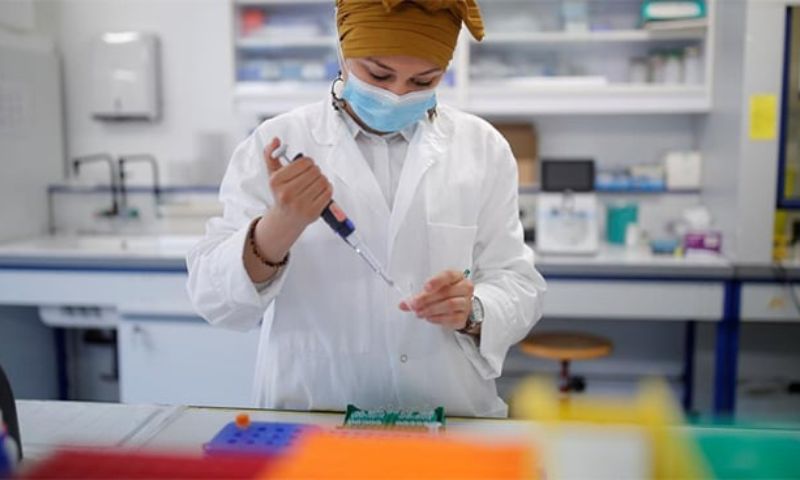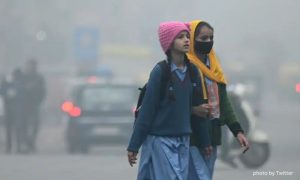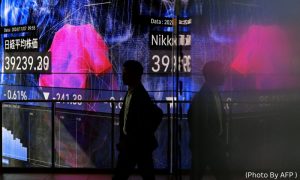GENEVA: After more than two years of talks, the World Health Organization’s 194 member states resumed talks on Monday to finalize a global pandemic preparedness agreement in light of recent disease outbreaks, including a new mpox strain and the deadly Marburg virus in Rwanda.
While many articles in the draft agreement have been concluded, debates remain over a core issue: equitable sharing of pathogens, vaccines, and other critical resources.
Following the Covid-19 pandemic, which claimed millions of lives and exposed significant health inequities, countries started discussions in December 2021 to form a comprehensive framework for pandemic prevention, preparedness, and response.
The ongoing talks focus on addressing gaps highlighted by Covid-19, particularly in ensuring poorer nations are not left behind.
Despite substantial progress on the draft’s 37 articles, the proposal for a Pathogen Access and Benefit-Sharing System (PABS) has led to a divide. Wealthier nations, which host most pharmaceutical manufacturing and vaccine development, have faced opposition from developing countries that felt marginalized during the Covid-19 crisis. Negotiators have opted to defer specifics on PABS implementation until after a broader agreement on the accord.
READ ALSO: US Warns Iran Against Attacks on Israel as American B-52 Bombers Deployed in Middle East
WHO Director-General Tedros Adhanom Ghebreyesus said that equity must be central to the final accord, citing the need to prevent a repeat of Covid-19’s “glaring inequalities.” He said that Africa was disproportionately impacted due to limited vaccine access and called for increased local production in the global south. “If the world has failed with one thing, it was the equity issue,” he said.
Momentum for an agreement has grown after a G20 health ministers’ meeting in Rio de Janeiro last week, where ministers backed a deal ensuring equitable access to pandemic countermeasures.
However, some advocates argue that the proposed agreement still lacks meaningful provisions for developing nations. Sangeeta Shashikant, the Third World Network’s intellectual property coordinator, expressed concern that key PABS proposals from developing nations had been “diluted and deleted.”
Helen Clark, former New Zealand prime minister and co-chair of the Independent Panel for Pandemic Preparedness and Response, said that the pandemic accord has faced difficulties due to a divide between wealthier and poorer nations, which has “left an incredibly sour taste between north and south.”
Nobel laureate Denis Mukwege criticized the global stockpiling of mpox vaccines while frontline regions, such as his home country, the Democratic Republic of Congo, lack supplies.
The WHO-led talks come shortly after the world’s largest nature conservation summit in Colombia, where a funding roadmap for species protection failed to gain consensus.
























